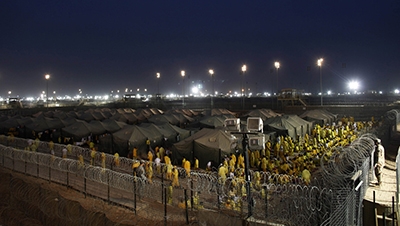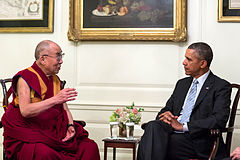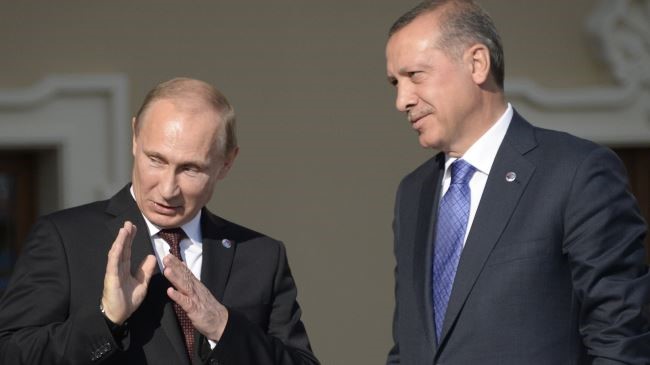 CEO Cornerstone
CEO Cornerstone 






Our annuals cover the issues which most impact our strategic timeline!

Al Khobar, Saudi Arabia
US T-bills and Bitcoin Fuel Trade War
Covertly, US entreprenuers and foreign investors have targeted the energy markets in Saudi Arabia, Iran, Iraq, Afghanistan and China with the explosion of Bitcoin. Staunchly, the purchase of US Treasury Inflation-Protected Securities (TIPS) during the years of US monetary easing established the market for Bitcoin fueling the current trade war. Moreover, the recurring plunge of oil prices demonstrates the inflation control sought within the cryptocurrency market. Cheekily, the TIPS market is saturated with rate rollers who utilize the STRIPS market (Separate Trading of Registered Interest and Principal Securities) to fund the cryptocurrency market. Discreetly, interest rates on TIPS and other T-notes are purchased to sustain cryptocurrencies. Hence, energy volatility has reached an all-time high from the US trade war.
Specifically, the war against ISIL reflects the major shift in US protectionism as US T-bills peak. Tragically, the US military shift towards Asia has controlled global inflation which fuels the long-lasting US government shut-down. Moreover, US control of global inflation is the purpose for its covert military activities which taper western financial institutions. Furthermore, time decay from US T-bills emphasizes the rapid growth of the cryptocurrency market. Meanwhile, maturing US Treasuries has accelerated the US trade war which leads to new military hostilities.
US Troops in Afghanistan Rely on Bitcoin for Longevity
Subtly, US troops in Afghanistan are being linked to a network of financial crimes surrounding denuclearization in North Korea. Suspiciously, terrorist financing for US militia training includes money laundering to the cryptocurrency market. Globally, the US Financial Crimes Enforcement Network (FinCen) camouflages US protectionism tactics. Candidly, the director of FinCen Jennifer Calvery stated in November 2013, "Virtual currencies are subject to the same rules as other currencies... Basic money services business rules apply here. It is in the best interest of virtual currency providers to comply with these [substituted] regulations for a number of reasons. First is the idea of corporate responsibility." Hence, our 1st semi-annual strategic focus will remain on the deaths of ISIL commanders indirectly trained by US troops in Afghanistan.
Strategic Focus |

Militarily, US militia training and terrorist financing has disguised the shift of economic protectionism to Asia. Financially, increasing tariffs from the trade war is stomaching the US military shift. Meanwhile, the deaths of ISIL commanders signal a deeper message from US troops in Afghanistan and Iraq. Politically, FinCen is accelerating the trend in cryptocurrency as longevity for permenant overseas US bases control protectionism. Regionally, the deaths of ISIL commanders reflect US control of ISIL training camps world-wide which intensify the trade war.
Geographically, ISIL has militant control in parts of Afghanistan, Libya, Nigeria, Egypt and Yemen with other cells in Africa. Economically, ISIL remains the core interest of the US military shift in Asia. Globally, US monetary easing policies is disguising ISIL's ability to expand from financing on the cryptocurrency market. Volatility in oil prices create major economic challenges for high-speed and overnight international financial transactions on the national level. Hence, interest rate trading (STRIPS) and cryptocurrencies reflect a secondary bubble within the ongoing government debt crisis. Accordingly, special attention must remain on the longest US government shut-down.
Special Attention |
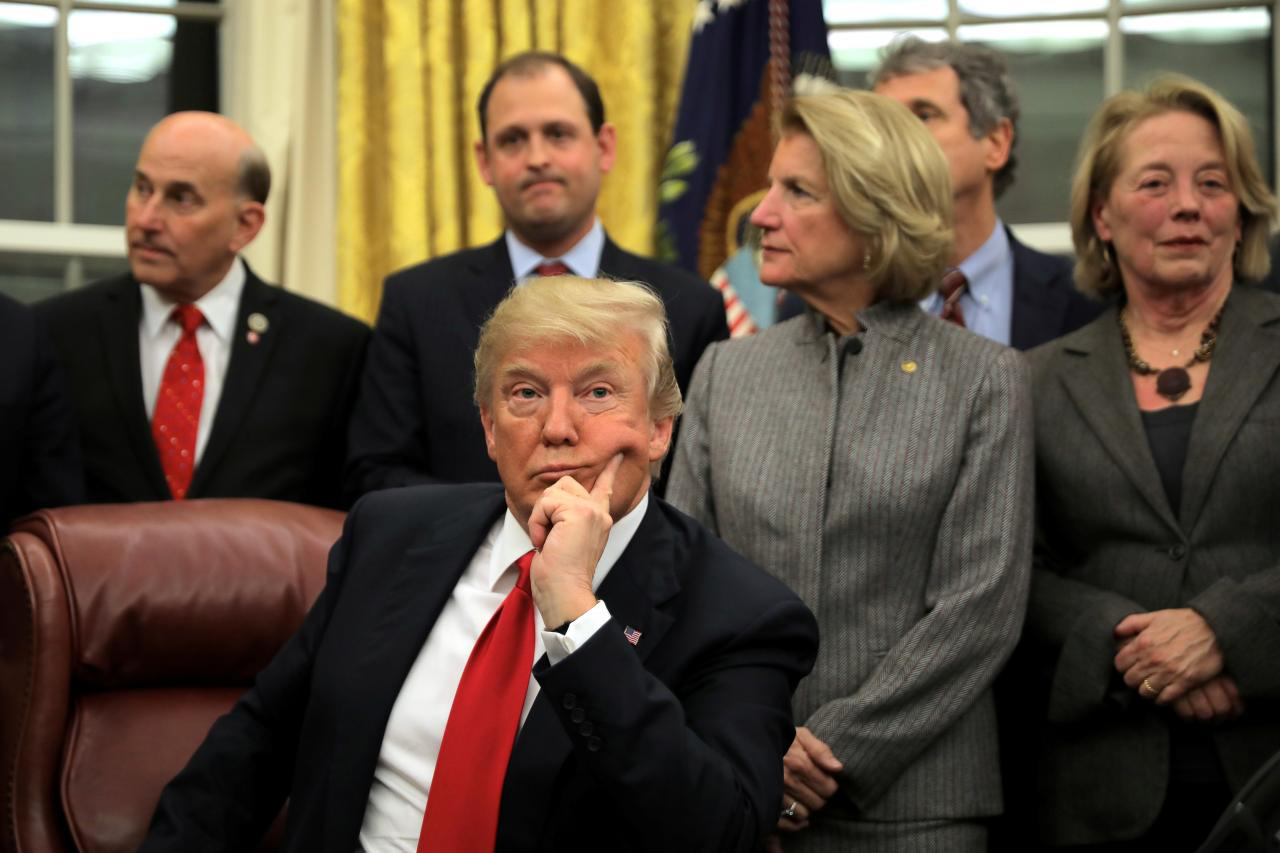

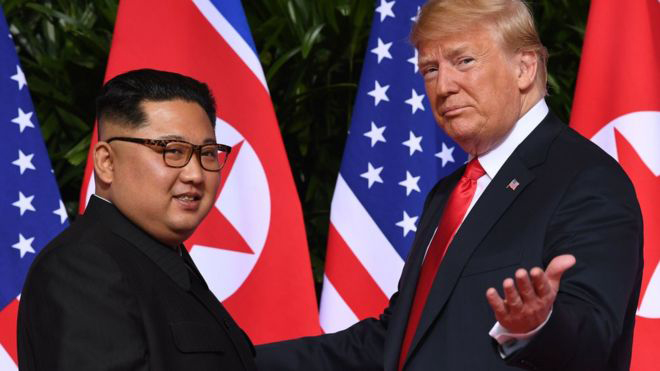
Historically, the US has remained active for control over inflation both nationally and globally. Politically, the US relies on economic protectionism to contain rapidly and even moderately expanding economies. Financially, the US fiscal budget subdues short-term global inflationary trends. Meanwhile, US foreign investors and entreprenuers globally relegate long-term financial plans disrupting market sentiment. Therefore, inflation pressures on the US has forced the longest government shut-down revealing the major source of recent oil volatility. Furthermore, US protectionism is weakened from fiscal derision while faulty sanctions and punitive tariffs obscure the US economy.
Recently, Iran's Vice President Es'haq Jahangiri addressed US sanctions saying, “Despite all the American plans to prevent the sale of Iranian oil and transfer of money from Iran and block imports of basic goods such as medicine, we are selling as much oil as we need. In the current difficult economic conditions, we have repeatedly told the people that we can cope with the sanctions with a head held high and that we will put these difficult conditions behind us with systematic planning.”
Politically, the US is consumed with North Korean denuclearization which overloads US fiscal capacity. Ultimately, North Korean denuclearization is eclisped from rising tensions over the trade war. Maliciously, the US government shutdown evades rising geopolitical tensions from US protectionism. Yet, global control of inflation with cryptocurrencies is viewed as antagonist from decades of war on terror.











